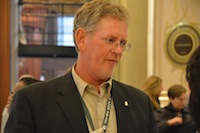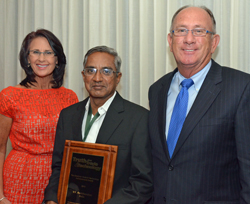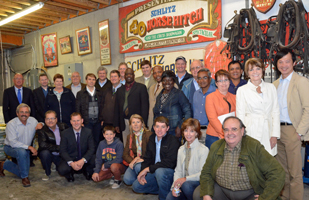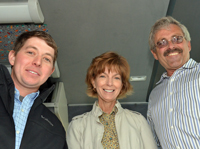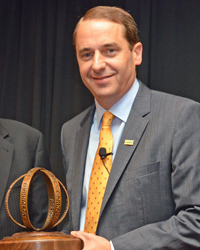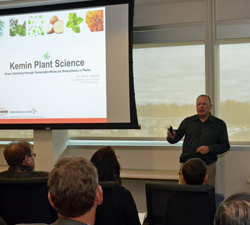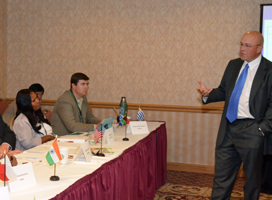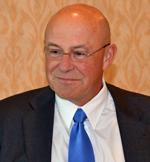 The U.S. Department of Agriculture announced that the National Agricultural Statistics Service (NASS) and World Agricultural Outlook Board (WAOB) have cancelled or postponed publication of selected USDA statistical reports impacted by the lapse in federal funding.
The U.S. Department of Agriculture announced that the National Agricultural Statistics Service (NASS) and World Agricultural Outlook Board (WAOB) have cancelled or postponed publication of selected USDA statistical reports impacted by the lapse in federal funding.
NASS’s Crop Production and Cotton Ginnings reports and the WAOB’s World Agricultural Supply and Demand Estimates (WASDE) scheduled for October 11th are canceled. The next scheduled release for these reports is November 8, 2013. Additionally, NASS’s Crop Progress reports scheduled for October 7th and 15th are cancelled. NASS’s Cattle on Feed and Peanut Prices reports scheduled for October 18th are postponed.
While the lapse in federal funding has ended, NASS has not been able to engage in the necessary data collection and analysis over the past few weeks. NASS is assessing its data collection plans and evaluating the timing of upcoming reports.



